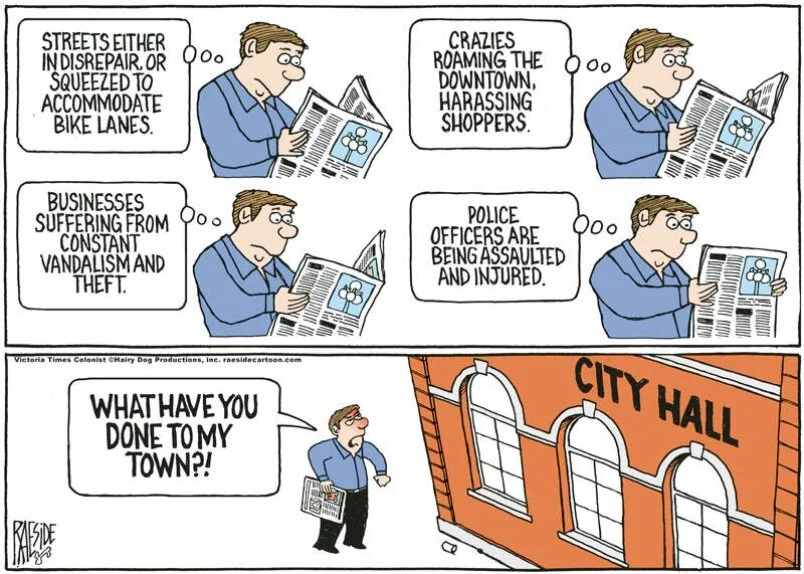Thursday morning news drop
China’s Energy Crisis: A simple breakdown of the crisis and its impact on the world China’s energy crisis is best understood through the simple, Econ 101 lens of supply and demand, with a particular focus on the coal market. Net-net, we have demand up and supply down, leading to widespread shortages, rising costs, and a ripple effect that extends across the globe—the stage is set for what could be a long, cold winter. (Curiosity Chronicle)
The Great Inflation Debate: Watching the inflation-watchers Whether we are living through the beginning of a new inflation is uncertain. What is clear is that we are living through a great inflation debate. I cannot think of a period in recent memory, in which there was so little agreement on likely future trends. The uncertainty causes real anxiety for policy-makers and the public. Does it amount to a crisis of the authority of economics? (Chartbook)
Anyone Seen Tether’s Billions? A wild search for the U.S. dollars supposedly backing the stablecoin at the center of the global cryptocurrency trade—and in the crosshairs of U.S. regulators and prosecutors. (Businessweek)
Adapting to a brave new world The past year has been challenging for asset and wealth managers as they confronted COVID-19 and the almost overnight shift to digitization and working from home, as well as growing cyber threats and heightened investor focus on sustainability. This has compounded already significant pre-pandemic pressures, ranging from increased client expectations and stiff competition, to new regulation. (RBC)
Are We Craving Risk or Losing Reward? 1980-2000 will go down as the most favorable 20-year period in U.S. investment history. However, we haven’t changed our collective narrative to reflect this yet. We are still acting like this period was “normal” though, in retrospect, it clearly wasn’t. Because, if you look over the last six centuries, interest rates across the globe have been on a slow downward trajectory: (Of Dollars And Data)
The pandemic is testing the limits of face recognition Government use of face ID systems exploded during the pandemic—but tying it to critical services has left some people locked out at the moment they needed help the most. (MIT Technology Review)
How Fear and Family Values Led to the Biggest Hit in Netflix’s History More South Koreans are dying alone and in poverty, so why not risk it all in a fight to the death? (Slate)
